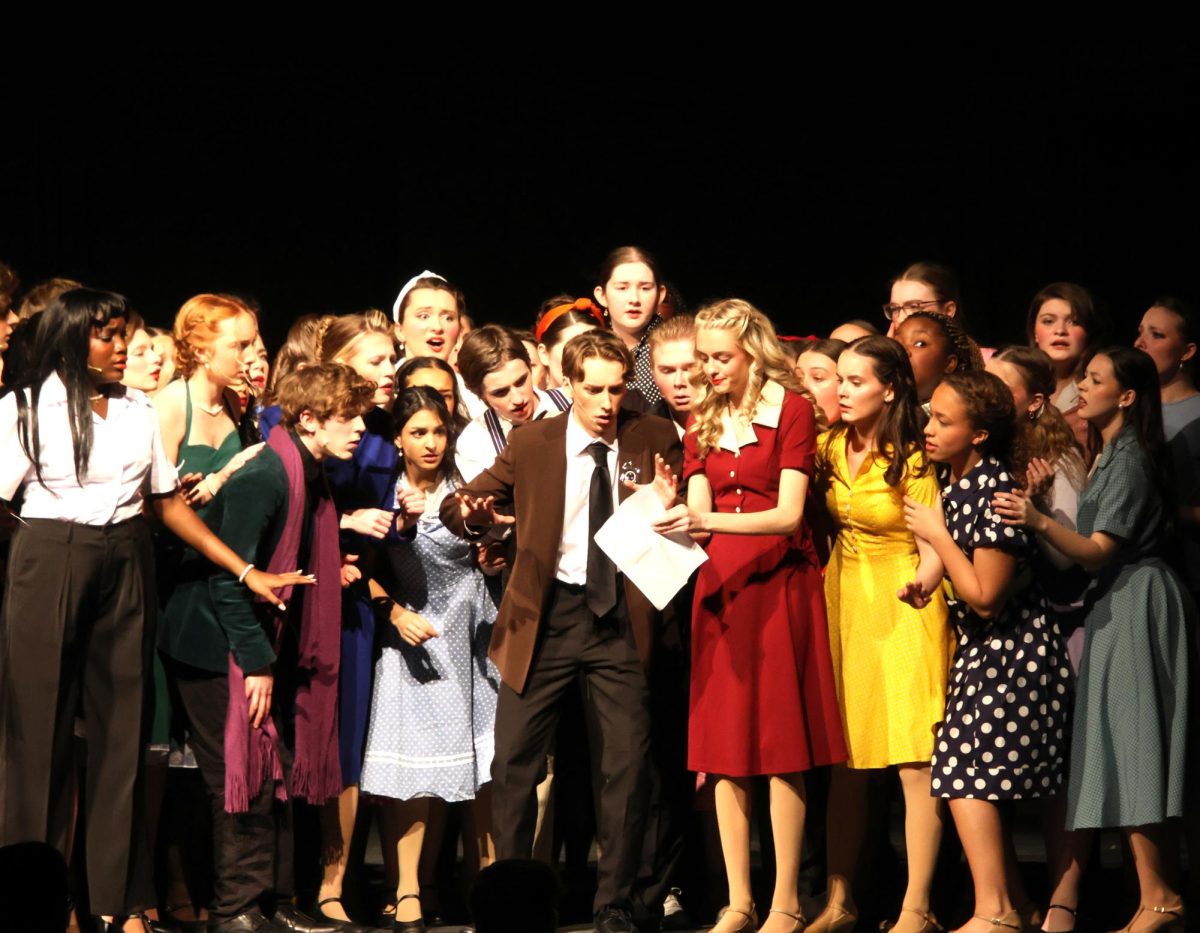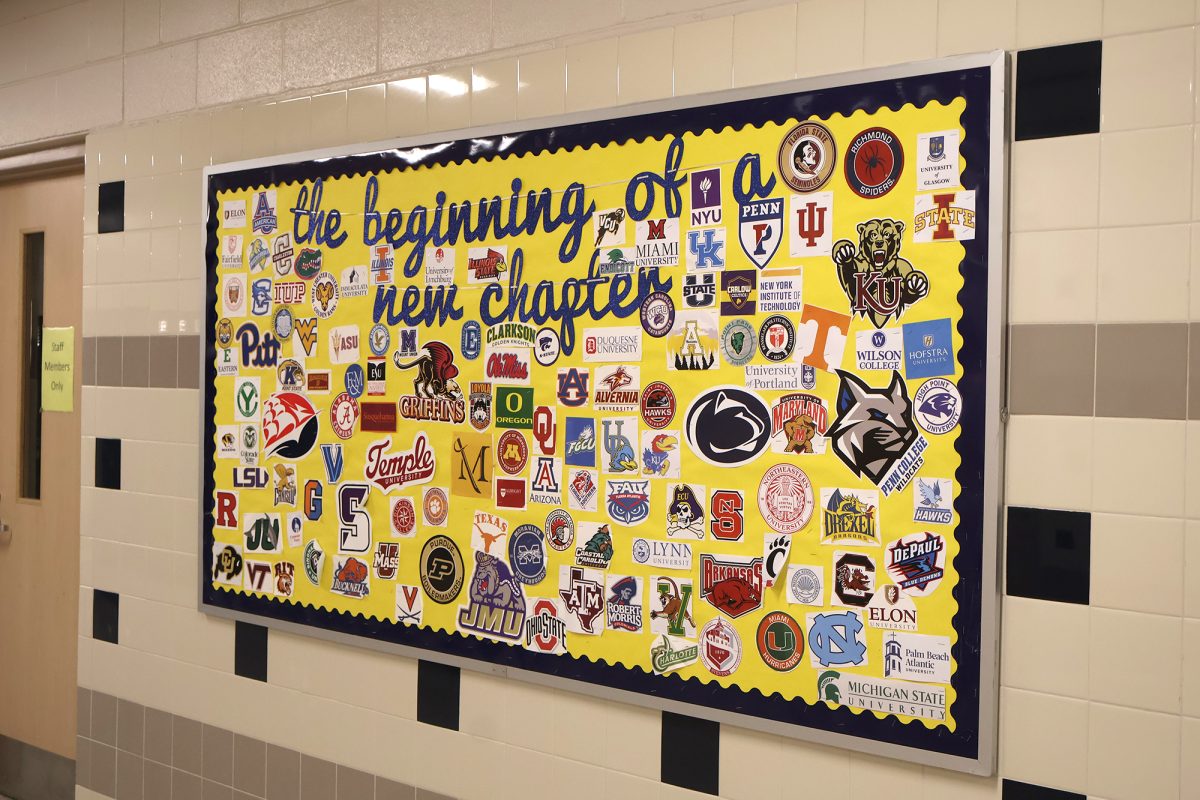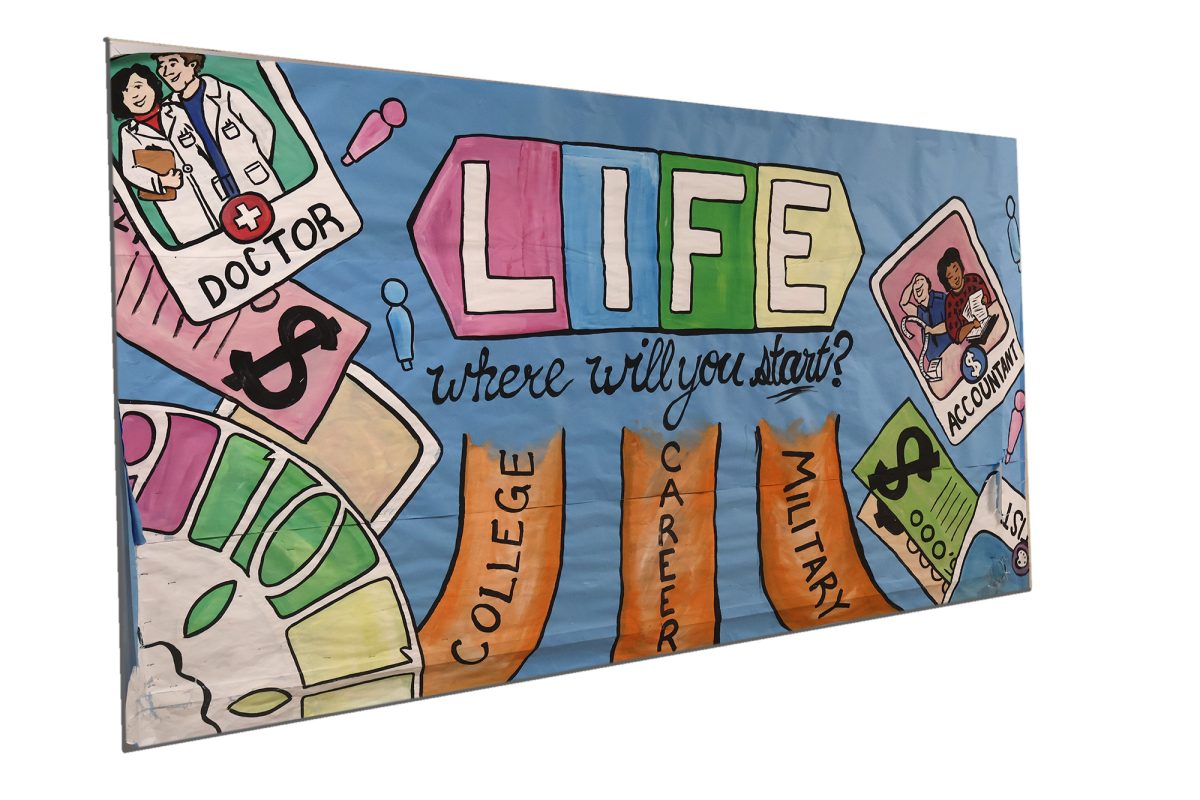The outside world is asleep, characterized only by infrequent cars and lone animals. Yet inside the brightly-lit bedrooms of millions of students, the opposite is true; fingers frantically typing as they race to finish their college applications before the clock hits midnight, November 2. With only an hour to spare, they tediously check their profiles one last time and pore over their test scores and questions, anxiously eying to see if a single comma is misplaced or the wrong option clicked on. For the ones whose websites did not crash, many breathed a long-awaited sigh of relief as they hit submit, the digital confetti bursting in front of them as the site congratulated their finished application.
While this scenario rings true for those who pursued the Early Action or Early Decision deadlines, this trend is sure to repeat itself come winter as more students apply for Regular and Rolling Decision times. With college applications, the most subjective yet crucial aspect of the application lies within the personal essay, asking the nearly impossible task of summarizing a student’s life and potential into 650 words aligning with one of seven prompts.
People often feel discouraged on how to approach this beast, with many forced to rely only on their life experience and writing skills for help. Yet writing the essay is not as painful as it seems with some guidance in the right direction.
“The most important part of the college essay is the topic,” said Future Planning Center advisor Mrs. Lusignea. “One of the biggest issues I see with college essays is that the topic is too general or generic.”
It’s crucial to choose a prompt that speaks to the student, not what they believe a school wants to see or what others decide to do. A specific prompt or topic illuminates the uniqueness of the applicant, which admissions boards significantly value. Moreover, they must rely on more on themselves for guidance rather than others. Although feedback and editing are necessary aspects of the writing process, Mrs. Lusignea states that “I have found that over the years, students rely too heavily on outside input.” Allowing your true self to shine through your words is what defines a distinctive piece.
Furthermore, Leah Stallard, a Spring-Ford English teacher, also believes in the essentialness of a student remaining true to themselves in their essay. She advises, “Employ a healthy mix of both vulnerability and formality.” She also comments that “Admissions directors want to learn both about you and your writing style.”
After selecting a prompt and completing the writing stage, people are prone to compare their work to others, specifically those of friends or the essays discussed on social media, famous for their niche topics and helping Ivy League students be accepted into their dream schools.
However, it’s important to understand that despite the search many pursue for the “perfect” essay, this does not exist.
There is no such thing as a specific secret or topic that drops the jaws of the admission boards, granting you immediate acceptance. The real secret of what one should write about is what showcases who you are; not as an idealized version of yourself but who you are as a human being.
Mrs. Lusignea remarked that “students forget that it is also okay to be fun [rather than feeling the need to write of a traumatic experience], creative, or lighthearted in your writing.” There is no recipe for drafting a legendary essay, the only truth being that the essay is how you highlight your inner-self to colleges, proving to them that you are more than just a resumé or a list of extracurriculars and classes.






